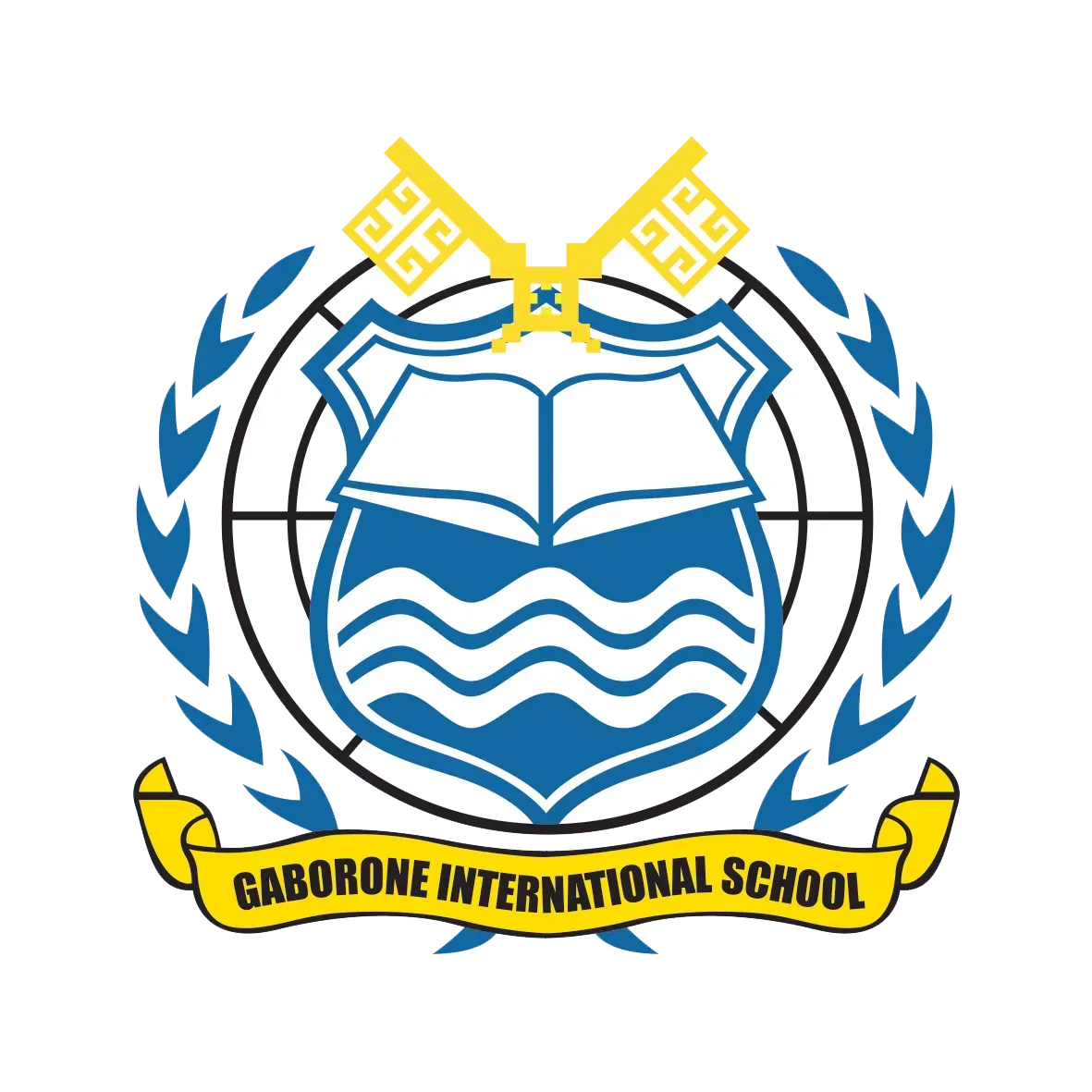Botswana Day of Independence

Botswana Day of Independence
Botswana, a landlocked country in Southern Africa, has a rich history that encompasses centuries of cultural heritage and the struggle for freedom from British colonial rule. This article delves into Botswana's Independence Day, shedding light on why it is celebrated, how Botswana gained independence, and the historical context leading up to this momentous event. Join us as we explore the vibrant tapestry of Botswana's journey to sovereignty.
An Article on Botswana's Independence from British Rule
Botswana's road to independence was a significant chapter in its history. Before we delve into the celebrations of Independence Day, let's understand the backdrop of British colonial rule in Botswana.
Botswana, formerly known as the British Protectorate of Bechuanaland, was under British colonial rule from the late 19th century until September 30, 1966. During this period, the British administered the territory, and Botswana had limited self-governance. The push for full independence began to gain momentum in the mid-20th century.
How Did Botswana Gain Independence?
Botswana's path to independence was marked by peaceful negotiations and a commitment to democracy. Unlike many other African nations that gained independence through armed struggle, Botswana's transition was relatively peaceful. Key figures like Sir Seretse Khama, the first President of Botswana, played a pivotal role in steering the country towards self-rule.
On September 30, 1966, the British Protectorate of Bechuanaland was officially dissolved, and the Republic of Botswana was born. This date is now celebrated annually as Independence Day, marking the end of British colonial rule and the beginning of a new era for Botswana.
Why Is Independence Day Celebrated in Botswana?
Independence Day in Botswana is not just a historical event; it's a celebration of the nation's sovereignty, identity, and the remarkable progress made since gaining independence. It is a day to honour the struggles and sacrifices made by Botswana's leaders and its people to secure their freedom.
What Is the Old Name of Botswana?
Before becoming the Republic of Botswana, the country was known as the British Protectorate of Bechuanaland.
Botswana Flag and Coat of Arms
The flag and coat of arms of Botswana are powerful symbols of the nation's identity. The flag consists of blue, black, and white horizontal stripes with a light blue field in the centre featuring a black Kalahari Desert silhouette and three horizontal waves of white and light blue. This flag represents the sky, the nation's prosperity, and the people's unity.
The national coat of arms features two zebras supporting a shield with blue and white wavy lines, symbolizing water and the importance of this resource in Botswana's semi-arid climate. Above the shield is a head of state's crest, which includes a zebra, a bull, and an elephant, representing the country's diverse wildlife and the coexistence of its people and animals.
How Independence Day Is Celebrated
Independence Day in Botswana is a time of great celebration and national pride. The day typically begins with a flag-raising ceremony, where the national flag is hoisted high, and the national anthem, "Fatshe leno la rona" (This Land of Ours), is sung with fervor.
Throughout the country, you'll find a myriad of festivities, including parades, traditional dances, and cultural exhibitions. Local communities come together to celebrate Botswana's rich heritage, and there's a strong emphasis on unity and inclusivity.
One of the highlights of the day is the presidential address, where the nation's leaders reflect on Botswana's progress and its vision for the future. It's also a time to recognize outstanding contributions to the nation through the conferral of national honours and awards.
In the evening, the celebrations often culminate in vibrant fireworks displays that light up the night sky. Families and friends gather to enjoy delicious traditional foods and exchange warm wishes.
As Botswana continues to evolve and grow, Independence Day serves as a reminder of the country's commitment to democracy, peace, and prosperity.
Botswana's Independence Day is a day of reflection and jubilation, commemorating the nation's journey from colonial rule to a thriving republic. This celebration pays tribute to the leaders and citizens who worked tirelessly to secure Botswana's freedom and shape its promising future. As the flag waves proudly and the people unite, Independence Day in Botswana reminds us of the importance of sovereignty, unity, and the enduring spirit of this remarkable nation. At GIS we commemorate by dressing up in our national colours.



